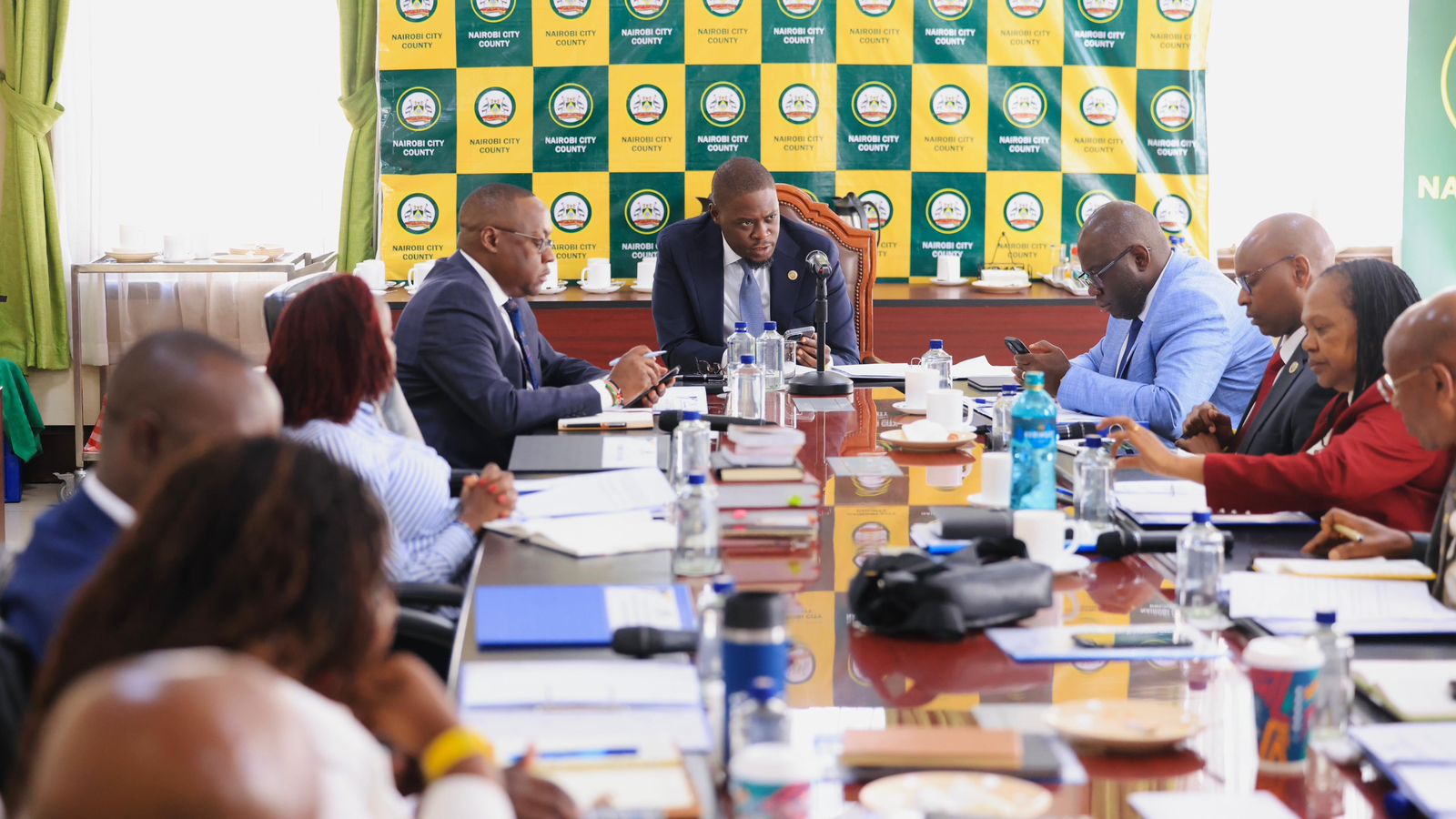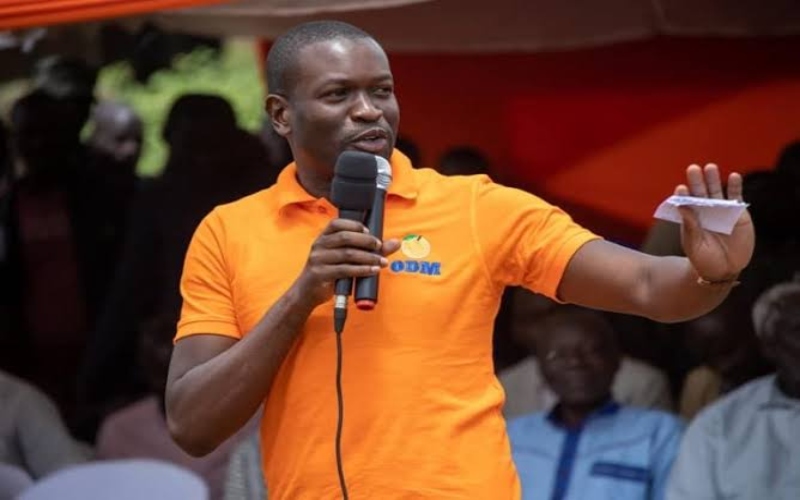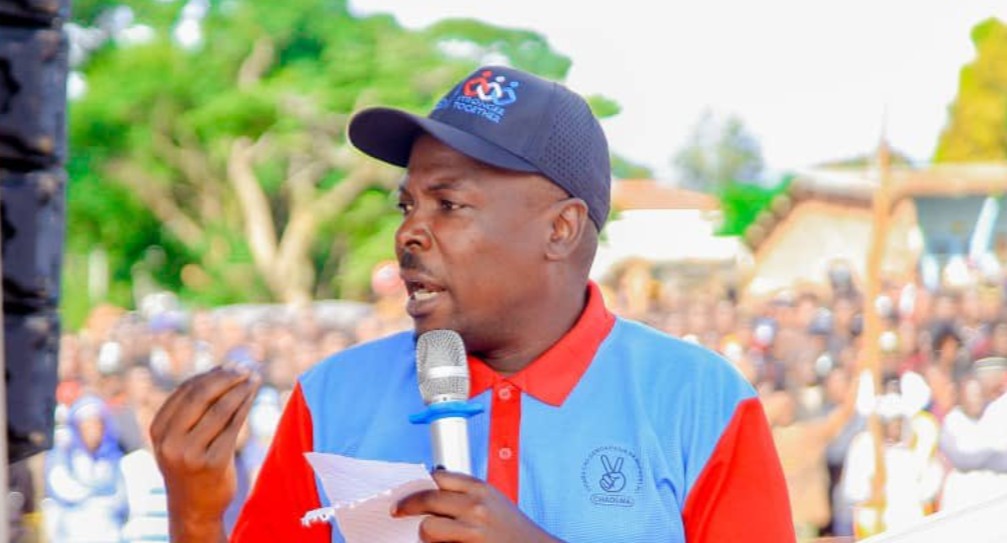Nairobi County's revenue figures questioned amid audit row

The external auditors told MPs that they are unable to verify whether the revenue declared by the county government is accurate.
Details have emerged that external auditors have been unable to access Nairobi County’s revenue system for the past two years, raising questions among MCAs about the accuracy of the figures declared by the county government.
Nairobi Governor Johnson Sakaja reported that the county collected Sh12.5 billion in the last financial year, the highest amount ever recorded under the devolved government. However, the figure falls short of the county’s Sh20 billion target.
More To Read
- Nairobi MCAs demand disclosure of Nairobi Pay server locations amid salary delays
- How protests over Finance Bill hurt Nairobi’s daily revenue collections
- Lobby calls for Nairobi County dissolution following audit revelations
- Nairobi County owes Sh6.3 billion to just four advocates, Auditor General reveals
- Court told JamboPay's director allegedly offered Sonko Sh4-5 million daily bribe for revenue tender
- Nairobi targets Sh5 billion from new law to regularise unauthorised buildings in 3-year drive
Sakaja attributed the increase in revenue to the introduction of a unified business permit and efforts to seal revenue leakages.
Despite the claims, external auditors who appeared before the Justice and Legal Affairs Committee session expressed frustration over budget cuts from the county executive, which they said had deliberately hampered their audit work on the revenue systems used by the county government.
As a result, they noted that they are unable to verify whether the revenue declared by the county government is accurate.
The auditors further revealed that they have written multiple letters to the governor requesting access to the system but have yet to receive a response.
“We have sought the attention of the governor, but the attempts have failed. Auditors can only confirm what the county government declares if we gain access to the system and use our expertise to evaluate it. Therefore, we do not know where the report on revenue performance came from,” Ndirangu Ngunjiri, an external auditor said.
During the session, committee chairperson Jared Akama questioned how the county government could verify its revenue collections while auditors remained locked out of the system.
“The big question is how we can confirm that what the county government is declaring is the accurate figure. The auditors who are expected to evaluate the system and give their opinion cannot do so since they are saying that they are being intimidated,” Akama said.
Poor working environment
Currently, the county has only 23 external auditors instead of the required 47. The auditors cited significant budget cuts and a poor working environment as key factors affecting their ability to carry out their mandate, adding that many of their colleagues have resigned as a result.
Boroughs and Administration County Executive Committee Member Stephen Mwangi told the committee that the governor is expected to address the auditors’ grievances.
“The issues can only be resolved if they are addressed to the governor. As administration, we are committed to supporting the auditors in their work to ensure accountability,” Mwangi said.
The revelations come amid ongoing concerns about the revenue collection system used by the county, which remains unclear to taxpayers. In 2023, the county assembly formed a 13-member ad hoc committee to investigate alleged revenue losses at City Hall.
Among other issues, the committee was tasked with probing the ownership of the Nairobi Revenue Service (NRS), an entity previously used by the defunct Nairobi Metropolitan Service (NMS) to collect revenue.
More than a year and millions of shillings later, after over 20 sittings both within and outside Nairobi, the findings of the committee remain unknown to both the county assembly and taxpayers.
A report on the investigation, which was expected to highlight weaknesses in the county’s revenue collection system, has never been tabled in the assembly.
In one instance during the hearings, Chairperson of the committee Peter Imwatok, who is also the Makongeni Ward Representative, described the findings of the ongoing probe into Nairobi County’s revenue collection as “damning revelations” that would help eliminate corruption at City Hall.
“The report we are going to come up with as a committee will get heads rolling in this county. There have been efforts to divide the members and invitations to influence the outcomes of the committee, but we have rejected it and said we must do service to the people of Nairobi,” Imwatok said on January 31, 2024.
He also accused the county executive of interfering with the committee’s work.
“I am aware of the mobilisation by the county executive to derail the findings of this committee and its reporting by having meetings with some members of the committee and MCAs beyond the committee’s jurisdiction,” he added.
Initially, the committee was given 60 days to complete its work but later sought an extension of 45 days, which lapsed in March 2024.
Top Stories Today














































